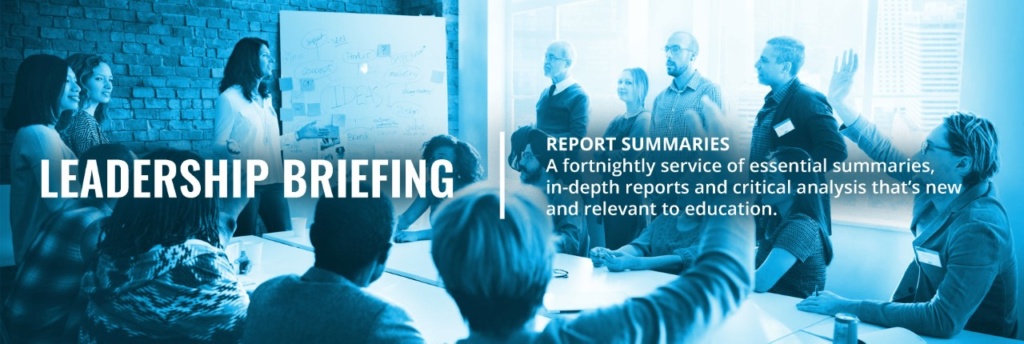
Disadvantaged children are less than half as likely to achieve passes in GCSE English and maths and are still a whole year behind their peers, meanwhile poorer pupils are just over eight months behind their peers in reading, writing, and maths by age 11.
The gap in literacy and numeracy at primary marginally narrowed by 0.1 months – the equivalent of just three days - in the last year, and the gap in GCSE attainment has narrowed by 0.7 months.
But in some areas, the attainment gap has worsened. For example, in the West Midlands, it has widened by 0.6 months at primary and around 0.1 months at GCSE.
The report also highlights that the rate of school exclusions in England continues to rise “at an alarming rate”, with students on free school meals four times as likely to be excluded than their peers.
Meanwhile, the gap between the most advantaged and the most disadvantaged students entering university remains “very large” - at almost 40 percentage points, the report says.
Key Findings:
- Large gaps between the most advantaged and least advantaged students still remain across the country, and some gaps have widened.
- Small gaps at primary school level grow through to GCSE and university admission, leaving poorer students playing catch up for the rest of their lives.
- Disadvantaged pupils are more than 8 months behind their peers in reading, writing, and maths by age 11.
- Disadvantaged children are less than half as likely to achieve passes in GCSE English and maths.
- Children from low-income families continue to be four times as likely to be permanently excluded from school.
- After taking their GCSES, disadvantaged children are six times more likely to be recorded as not in education, employment or training
- Young people from disadvantaged backgrounds are nearly ten times less likely to go to a top university
- The coalition has identified three priorities that can be achieved if measures are rolled out across the whole system to make education fairer for every child:
- World-class teachers and leaders, particularly in the most disadvantaged areas
- An education system which develops the whole child, promoting emotional and social competencies alongside academic attainment
- Joined up support for all post-16 destinations, giving every student a choice about their future.